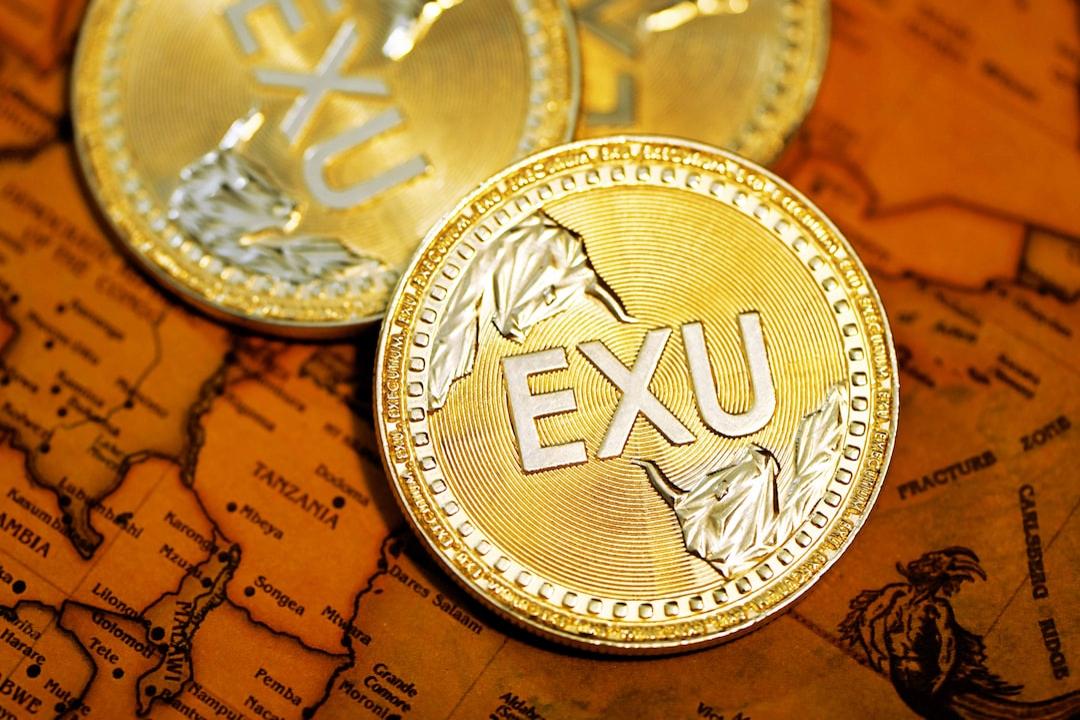May 4th Article: “Milestone for Ethereum Spot ETF”
In the comments section of the article “Milestone for Ethereum Spot ETF” published on May 4th, a reader posed an interesting question: Why didn’t the price of Ethereum skyrocket after this news?
I remember that on that day, many media outlets in the industry discussed this question, offering various explanations. Two of the most common ones were as follows:
For instance, once the news becomes a reality, the market may have already overreacted, causing a drop in the price of Ethereum. Therefore, investors may choose to sell their Ethereum after the announcement to secure profits or mitigate risks.
Another explanation is that this news only signifies the approval of the relevant regulatory documents, but the Spot ETF is still not available for trading. We have to wait for the approval of the S1 document before off-exchange funds can enter the market. Therefore, this positive development cannot be immediately implemented, resulting in a temporary lack of price increase for Ethereum.
…
These explanations may hold some truth, but at times, they do not explain the situation adequately. We often witness similar financial events where asset prices experience significant increases due to positive news. Therefore, it is challenging to predict the short-term fluctuations in the market stimulated by such news.
As an ordinary investor, I believe it is unnecessary to pay excessive attention to the short-term ups and downs caused by such news. It is enough to know that this news will undoubtedly benefit Ethereum and even the entire crypto ecosystem in the medium to long term.
Moreover, we do not have to wait too long for this medium to long term outlook. I believe that within the next few months or even half a year, there is a high probability that we will witness the realization of these positive developments.
When I saw this question, I was reminded of a situation I often encounter in my investments, which is also related to short-term market volatility:
I have confidence in the long-term performance and price potential of a token, so I invest in it. However, after I make the investment, instead of rising, the token continues to decline for a period of time, only to pick up again after a period of hesitation.
Initially, I thought this was just a peculiar occurrence for me, but it was only recently, while reading about investment insights from Duan Yongping, that I realized this is a common phenomenon not only for me but also for top investors like Warren Buffett.
Warren Buffett even dedicated a segment to discuss this issue, stating that expecting the stocks you believe in to immediately rise in price after your purchase is a foolish mindset.
At this moment, I had a sudden realization. It turns out that this is the norm for many investors, including top-level ones, rather than an isolated case specific to me.
This further emphasizes that in this market, apart from a few geniuses, no one can predict short-term market fluctuations with long-term accuracy.
Even top investors lack this ability, so as ordinary investors, we don’t need to waste our efforts speculating on such fluctuations.
I remember that on that day, apart from numerous analyses on why the price of Ethereum did not increase, the most prevalent topic was the amount of Ethereum liquidations. I guess the majority of those liquidations were a result of betting on the wrong direction of this volatility.
Both Warren Buffett and Duan Yongping have a clear strategy regarding this phenomenon: completely ignore short-term market volatility and always focus on the fundamentals and medium to long-term positives of the stocks.
I believe this principle also applies to crypto assets.
Therefore, when we come across such news, our initial reaction should not be about how the price of Ethereum will change after the news is released. Instead, we should speculate on the impact Ethereum, and the entire crypto ecosystem, will experience in the upcoming bull market.

